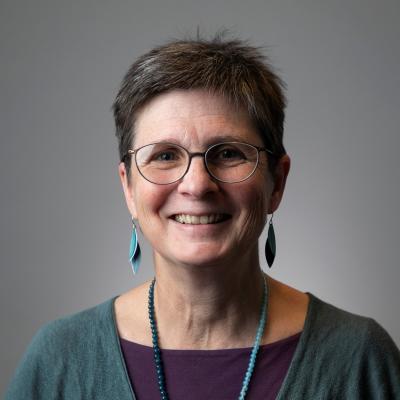
One of my favourite days in the Health Foundation calendar must be the annual Shine event. Each year, for the past three years, the clinical teams we have supported through Shine have reported back their results. Shine projects each receive up to £75,000 to develop and test their innovative ideas for improving the quality of health care.
At the Health Foundation, we set up the Shine programme because we recognised that while those working in the service are best placed to spot opportunities to improve and innovate in service delivery, they often lack the support to do so in a systematic way. And until we are better able to show the benefits of service changes, we will struggle to get others to take our ideas on board and service innovations will remain as bright spots scattered throughout the service.
So while across the country teams are often developing and implementing ideas to improve safety, efficiency and person-centred care, it is less common for teams to have the space and time to build the initial evidence needed to get wider interest and adoption. The Shine programme aims to help teams to do just that.
At this year's event 30 projects presented posters and presentations of their work. The projects spanned many sectors including paediatrics, nursing home care and acute care and you can read about some of the projects in more detail in our June newsletter. Projects ranged from from technological solutions such as myCOPD Solution – a web based system that supports people to better manage their condition through use of online educational material – to social interventions such as the Coaching for Recovery College, supporting people with mental health conditions to build confidence, resilience and regain an active life.
Some projects were focused on innovations to make it easier for clinicians to do the right thing and reduce the risk of error and harm, such as making it easier to administer the right amount of opiates to children without the need for complex calculations. Or making it possible to clearly identify prescribers so that any errors can be fed back and learnt from. Another example was using simulation training to improve clinical techniques in ultrasound scanning.
Others looked at how engaging patients, carers and families more in their care could improve outcomes and satisfaction, as well as reduce dependency on formal care. For instance, the Listening to You project that makes it easier for parents to have more effective conversations about their children’s care and the Pop Home project which trained women to self-administer vaginal pessaries as an alternative for prolapse surgery (my favourite quote of the day surely being from one woman who said it was much easier than learning to put in contact lenses!)
And finally some projects focused more on the organisation of services, both in terms of changing service models, such as integrating psychological therapy into diabetes services to get better outcomes, as well as techniques to be able to better plan and assess the benefit of positioning services closer to patients’ homes.
Three things always strike me at these events. First the passion and commitment that clinical teams have to improve the care they provide. We hear too much about the failures in health care so seeing first-hand the enthusiasm of clinicians supported to put their ideas into practice is invigorating.
Second, the energy that working on these projects generates and how the funding they receive and the skills they learn so often catalyses teams to go on to make wider improvements in their services.
And third, how for relatively little additional effort, collecting data on impact can provide a compelling basis from which to scale up improvement work and spread it more widely.
We will continue to support teams to test their innovations through our forthcoming Innovating for improvement programme (more details will be available soon but email innovating.enquiries@health.org.uk if you’d like an email alert when applications open). But in the meantime, I would encourage every chief executive to consider how they can release the latent talent that is sitting in their organisation – there’s so much potential and so much to be gained.
Jo is Director of Strategy at the Health Foundation, www.twitter.com/JoBibbyTHF
Work with us
We look for talented and passionate individuals as everyone at the Health Foundation has an important role to play.
View current vacanciesThe Q community
Q is an initiative connecting people with improvement expertise across the UK.
Find out more

